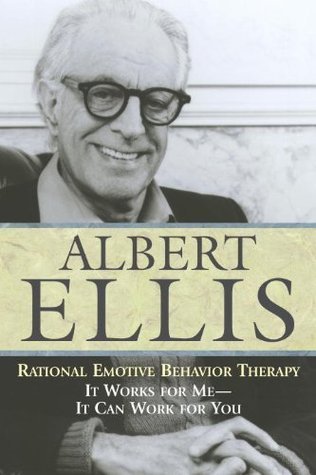What do you think?
Rate this book


270 pages, Paperback
First published January 1, 2004
At first, I won few friends and influenced few people with my honesty and directness. But I courageously continued.
When therapists and clients briefly hear about my love and marital 'record' they sometimes conclude that I have 'trouble relating to women and am not to be trusted to counsel maritally inclined people. 'False' I say on several counts because I have probably helped more relating people than almost any other therapist and writer.